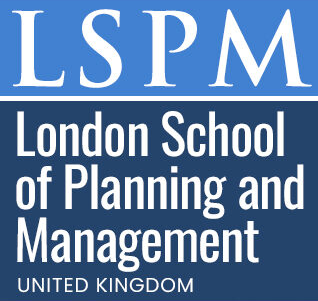Professional Certificate in Humanitarian Food Security and Nutrition
-- viewing nowThe Professional Certificate in Humanitarian Food Security and Nutrition is designed for individuals seeking to understand and address food insecurity and malnutrition in humanitarian contexts. This comprehensive program provides a solid foundation in nutrition science, food systems, and humanitarian aid, equipping learners with the skills to develop effective interventions.
4,679+
Students enrolled
GBP £ 149
GBP £ 215
Save 44% with our special offer
About this course
100% online
Learn from anywhere
Shareable certificate
Add to your LinkedIn profile
2 months to complete
at 2-3 hours a week
Start anytime
No waiting period
Course details
Career path
Professional Certificate in Humanitarian Food Security and Nutrition
The Professional Certificate in Humanitarian Food Security and Nutrition is a comprehensive program designed to equip learners with the skills and knowledge necessary to address food security and nutrition challenges in humanitarian settings. The program covers topics such as food systems, livelihoods, emergency response, and program management. Upon completion, graduates will be able to apply their expertise to help communities affected by conflict, disaster, or displacement.
Job Market Trends
The demand for professionals with expertise in humanitarian food security and nutrition is on the rise, particularly in the UK. According to recent studies, the number of jobs in this field is expected to grow by 10% in the next five years. This growth is driven by an increasing need for effective and sustainable solutions to food insecurity and malnutrition in vulnerable communities around the world.
Salary Ranges
Salaries for professionals in humanitarian food security and nutrition vary depending on factors such as experience, location, and organization type. However, according to recent surveys, the average salary for entry-level positions is around £30,000 per year, while more experienced professionals can earn upwards of £50,000 per year. Salaries in the private sector may be higher than those in the public sector.
Skill Demand
The most in-demand skills for professionals in humanitarian food security and nutrition include program management, emergency response, monitoring and evaluation, and data analysis. Strong communication and interpersonal skills are also highly valued, as is the ability to work effectively in cross-cultural settings. Proficiency in relevant software tools such as Excel, SPSS, and GIS is also desirable.
Career Roles
Graduates of the Professional Certificate in Humanitarian Food Security and Nutrition can pursue a variety of career roles in the humanitarian sector, including:
- Food Security and Nutrition Officer
- Emergency Nutrition Coordinator
- Program Manager, Nutrition and Food Security
- Monitoring and Evaluation Specialist
- Data Analyst, Nutrition and Food Security
These roles are typically found in international organizations such as the United Nations, non-governmental organizations (NGOs), and government agencies. Some graduates may also choose to pursue careers in academia or research institutions.
